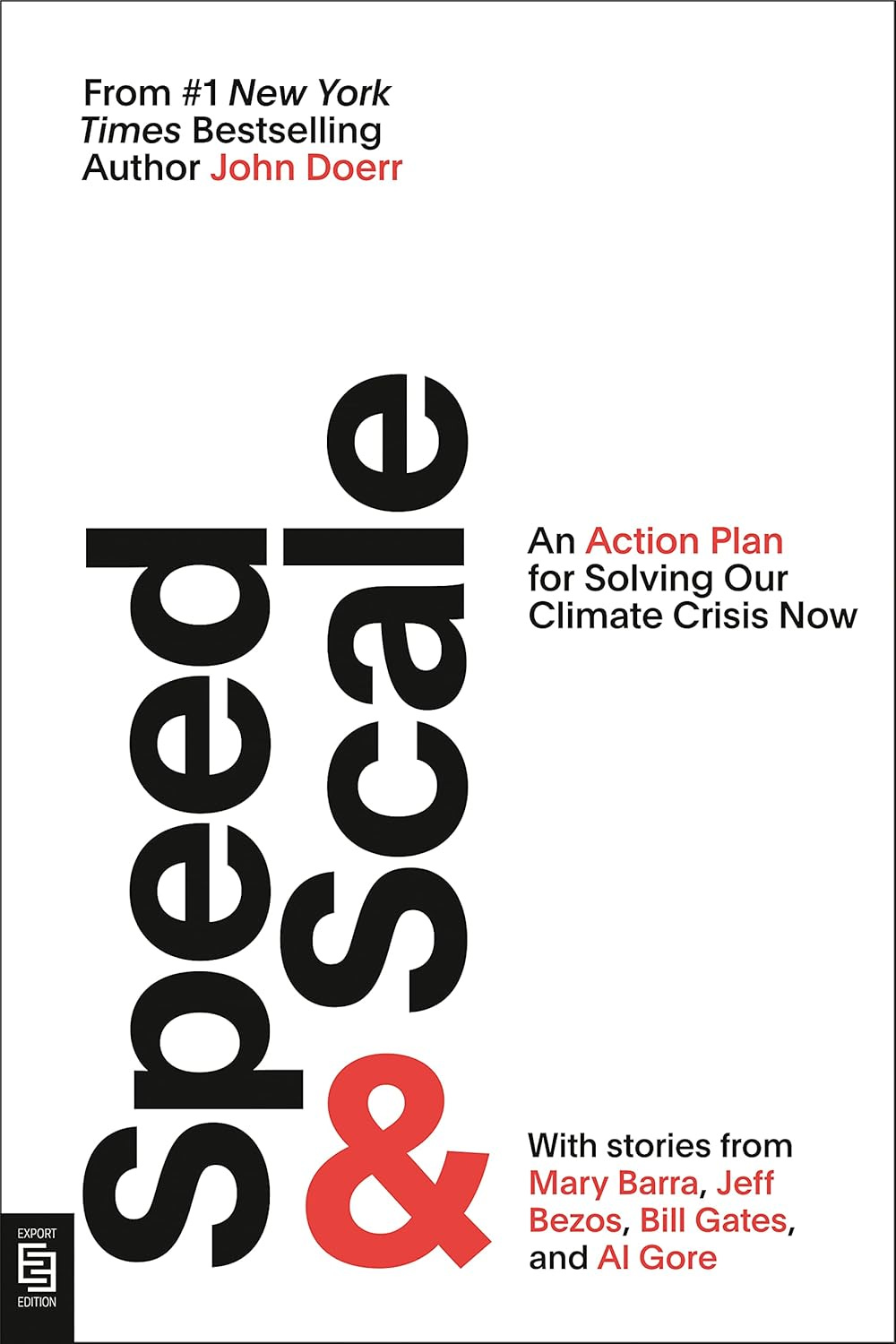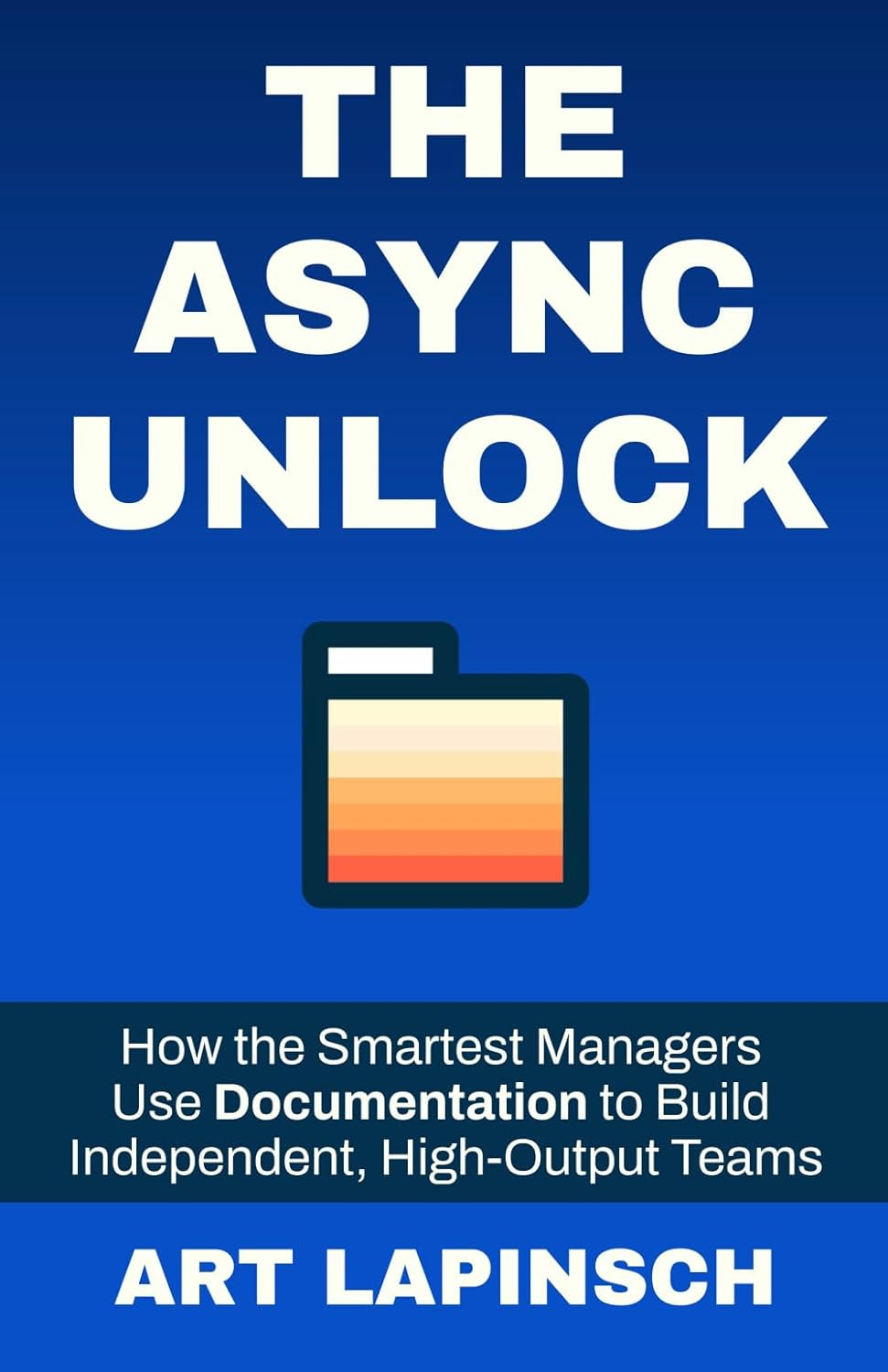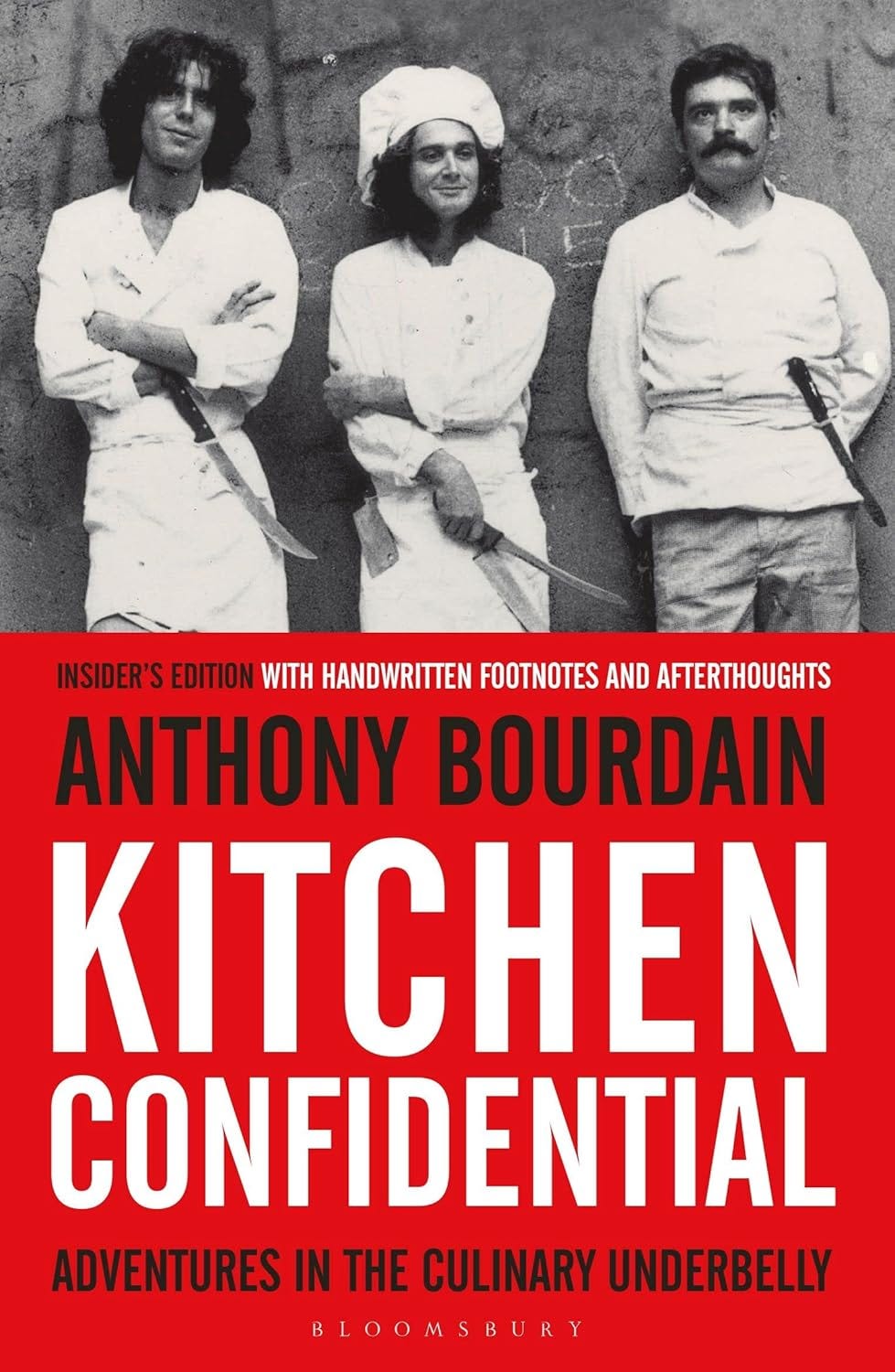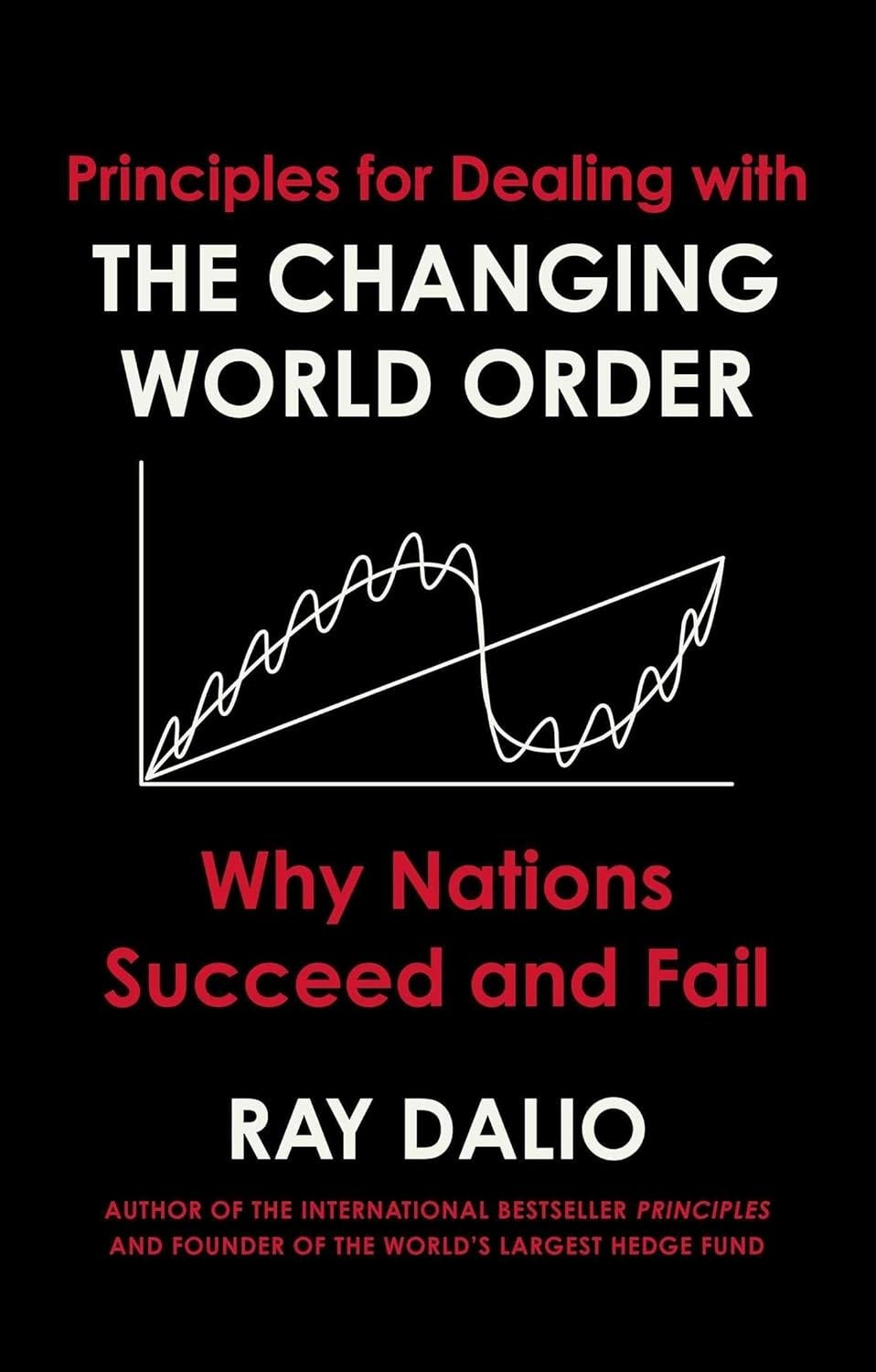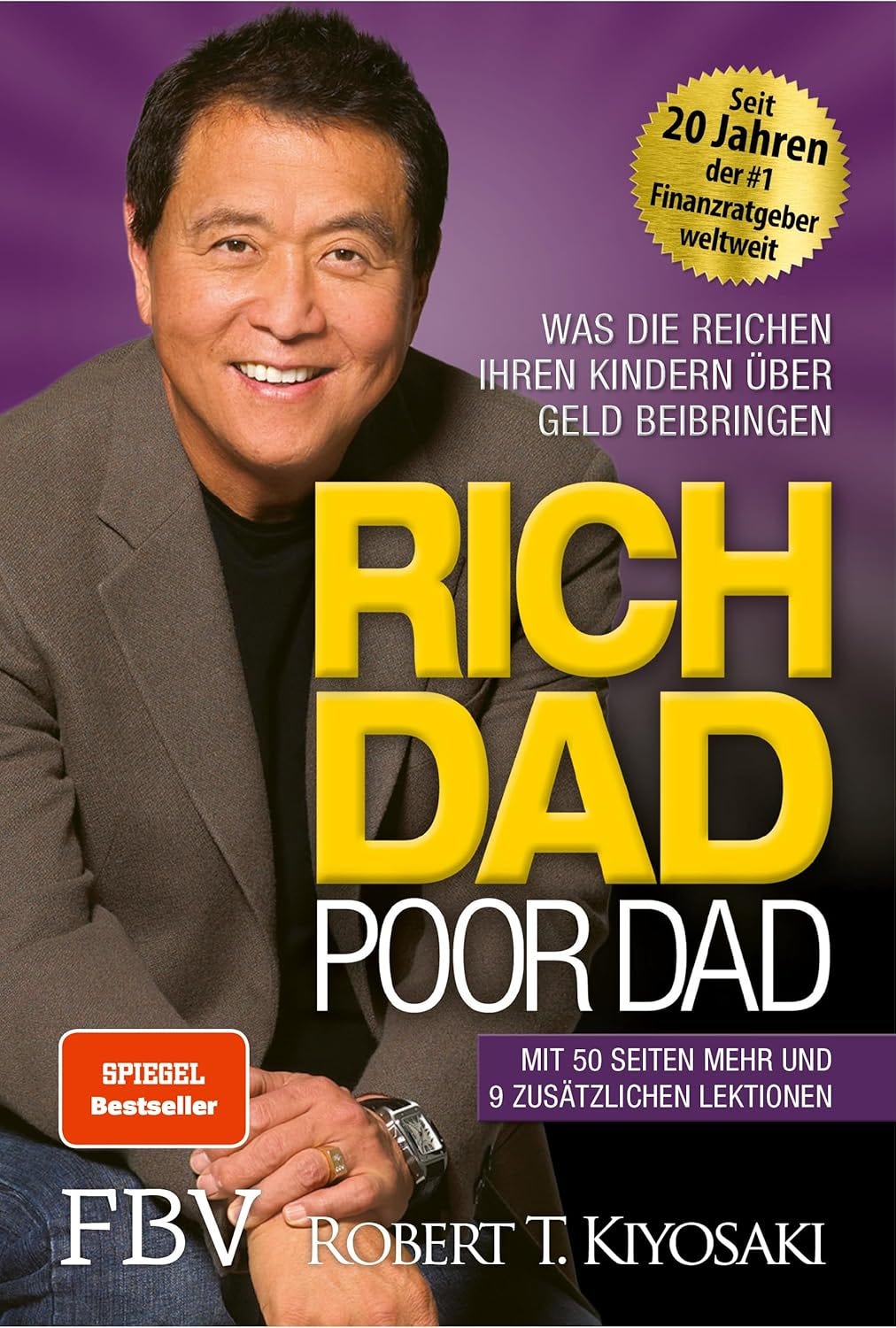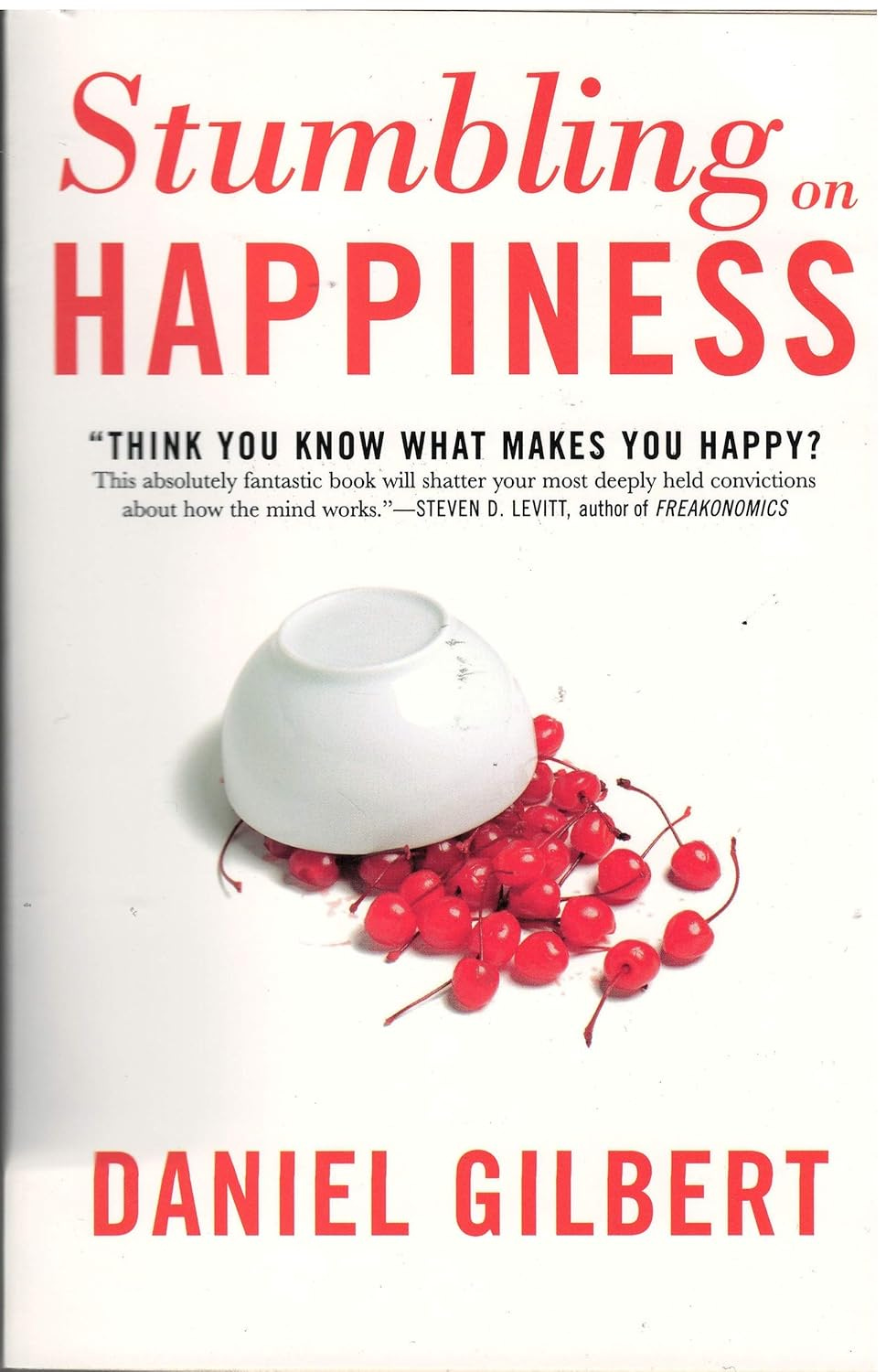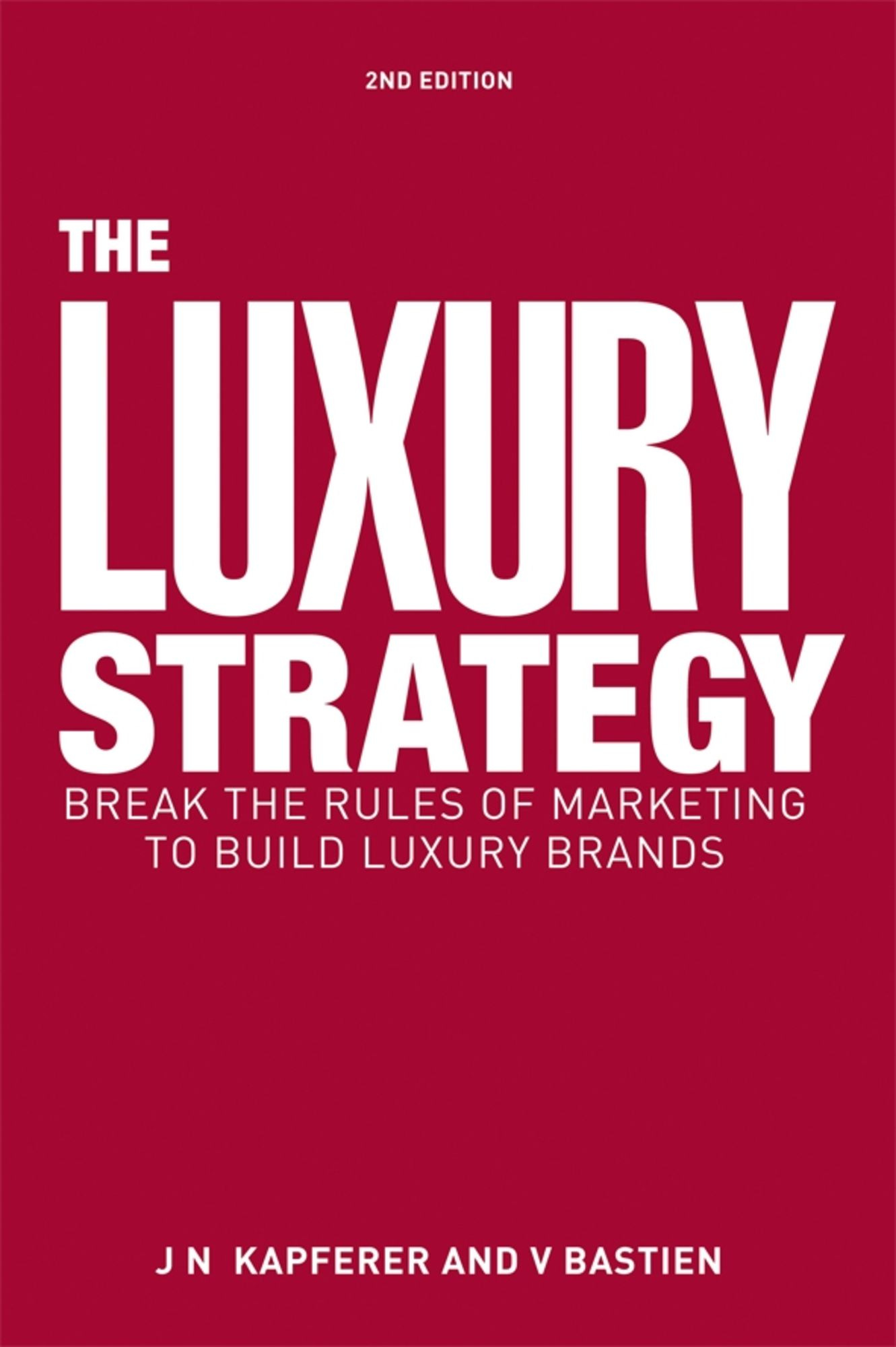How YI (Your Intelligence) Will Outperform AI: 15 Books for 2025
Learn from Experts to Sharpen Your Edge with 15 Books (plus 6 Bonus Recommendations).
Our brains are like data centers with an astonishingly large storage capacity. They’re powerful but have limits—there’s only so much we can master deeply in one lifetime. Books give us a way to borrow expertise from others, allowing us to broaden our knowledge without spending years in study.
Artificial intelligence (AI) might be trained on the content of many books, but it lacks your life’s context—your unique background, experiences, and situation. By reading and truly understanding these books, you’ll navigate your life better than any ChatGPT prompt ever could.
As a consultant for private market companies, and someone who’s worked with corporates, founded a company, and explored disruptive digital strategies, these books reflect the demands of my work, my personal interests, and the lessons I’ve learned along the way.
Most of them are available in English or German, as e-books, or as audiobooks—my go-to for long travels by plane, train, or car
For the environment conscious: Speed And Scale by John Doerr
Why you should read it:
2024 will be the first year we surpass the +1.5°C climate threshold since the pre-industrial age. If there was ever a time to act on climate change, it was yesterday.
This book breaks down where CO2 emissions come from, what can be done to counteract them, and highlights case studies of businesses succeeding in the fight against climate change.
Big thanks to to Art/DelphiZero for gifting me this one—he’ll pop up again in this list!
For the aspirational overachiever: Outliers by Malcolm Gladwell
Why you should read it: “We overlook just how large a role we all play - and by 'we' I mean society - in determining who makes it and who doesn't.”
Outliers dives into the hidden factors behind extraordinary success. It explores why planes crash, why Shaun White was unbeatable in snowboarding, and how your birthdate might have influenced your chances of becoming a professional athlete.
This book is packed with fascinating insights about talent, luck, and the systems we live in.
For the one wanting their teams to work independently: The Async Unlock by Artur Lapinsch
Why you should read it:
Building and scaling organisations is difficult. One of the reasons is people: leaders who want things done in a certain way, but implicitly; managers who become bottle necks for teams; new joiners who only learn ways of working through experience instead of actively learning and preparing.
This is where Artur’s book becomes handy for you: how to build an internal documentation that lets your teams work asynchronously and independently. Nobody likes bottle necks: they hinder productivity and create frustration.
The author, Artur, is a close friend of mine (again: Delphi Zero). Join his reader’s list if you’re interested in everything climate tech-related.
For the person new on a job (or who just moved to a different city): How To Win Friends & Influence People by Dale Carnegie
Why you should read it: “When dealing with people, remember you are not dealing with creatures of logic, but with creatures bristling with prejudice and motivated by pride and vanity.”
Even though slightly outdated in terms of language and style, Dale Carnegie provides a blueprint for building relationships with almost anyone.
The title may sound manipulative even though it’s quite the contrary. It has helped me to feel confident at any social gathering that I attend, even when I do not know anyone in advance.
For the one negotiating a salary for 2025: Never Split The Difference by Christopher Voss
Why you should read it:
This book teaches you to dissect the elements of negotiation, prepare for the conversations, and learn when to say “no” and why. Make sure to read it and be prepared before jumping into your next ask for a raise.
For the one in a leadership position: Extreme Ownership by Jocko Willink and Leif Babin
Why you should read it: “There are no bad teams, only bad leaders”
Discover the fundamental principles of effective leadership, and what to avoid when steering teams. This has been my most influential leadership book that I’ve ever read (or, in my case, listened to as an audio book).
It gives you tools and specific guidelines for how to behave as a good leader, and what to avoid. All principles have been literally war-tested and can be well transmitted to the business context.
For the culinary curious: Kitchen Confidential by Anthony Bourdain
Why you should read it: “People confuse me. Food doesn't.”
Read Anthony Bourdain’s highly entertaining and greatly written experiences in the New York restaurant scene. He weaves together a mix of drugs, excesses, creativity, and questionable shady business people while explaining the different stages of the ups and downs of a restaurant as well as the various positions. It has a biographic tune to it, and it explains in a transparent way how kitchens work on scale and at the highest quality.
My favorite chapters are “A day in the life” when he describes a typical day as a chef, “The life of Bryan” where he undermines almost all of his priorly shared learnings when he visits a colleague’s kitchen that runs more successfully on entirely different principles, and “Mission to Tokyo” which is, to me, a great flashback of my own Japan experience.
For the insomniac: Why We Sleep by Matthew Walker
Why you should read it: “Routinely sleeping less than six or seven hours a night demolishes your immune system, more than doubling your risk of cancer.”
This book brings together he latest scientific insights into the importance of sleep. It explains why sleep is essential to babies, children, teenagers, adults and seniors alike, and why specifically for each. It teaches why sleep is one of the most influential factors to prevent Alzheimer’s disease, why it’s essential to your learning process, and why you should never sleep less than at least 7 hours.
It even helped me understand my natural sleep cycle (no, not everyone should join the 5 a.m. club). Since reading it, I’ve invested in a great mattress, a proper bed, and even a sleep mask. Game-changer.
For the ChatGPT heavy user: Natürlich alles künstlich (German only) by Dr. Philip Häusser
Why you should read it:
About two years ago, the AI-hype train took flight when ChatGPT was introduced to the world and took it by storm. When I was working at my prior employer, we wanted to explore the ways how we could support our clients figuring out and employing AI for their own cause. I’ve browsed all books available at that time relating to AI for beginners, and I found this book particularly helpful.
It’s been written to give outsiders of AI access to its wide array of possibilities, highlighting its limits, and providing insights in the fundamental mechanics of machine learning and neural networks. After completion, you will not be able to rebuild OpenAI, but you will understand better how you can use AI, and where its current limits are.
For the big picture viewer: Principles For Dealing With The Changing World Order by Ray Dalio
Why you should read it: “No system of government, no economic system, no currency, and no empire lasts forever, yet almost everyone is surprised and ruined when they fail.”
Ray Dalio explores how and why empires were built, grew, and collapsed across centuries. He uncovers that the human world follows long-term cycles that consist of various smaller cycles, and explains how governments may fail, why extremist political parties keep gaining votes despite better knowledge, and how you can potentially can benefit from all of this, simply by knowing that the world moves in cycles. It gives substantial meaning to the saying “history repeats itself if we’re not learning from it.”
For the accountant: Rich Dad, Poor Dad by Robert T. Kiyosaki, and How To Think And Grow Rich by Napoleon Hill
Why you should read it: “There is a difference between being poor and being broke. Broke is temporary. Poor is eternal.”
Both books are essential works on financial principles, providing a basic and solid understanding of how to invest, and why investing is essential for your long-term wealth.
Neither provides a quick-fix of “get rich fast”, but the more you build your financial wisdom, the better you can put yourself in a position of financial independence.
For the one with the negative talk: Unf*ck Yourself by Gary John Bishop
Why you should read it: “If you're not willing to take the actions to change your situation – in other words, if you're willing to put up with your situation – then whether you like it or not, that is the life you have chosen.”
This is a book I’ve listened to twice, if not more. Whenever you catch yourself in a situation of whining and self-pity, listen to Gary’s unapologetic tips of how to snap out of and work through it.
This book provides hope that not all is lost, ever, and does so while putting a smile on your face and putting you in charge of your life.
For the one waiting for that one incident what will finally make them happy: Stumbling On Happiness by Daniel Gilbert
Why you should read it: “Our brain accepts what the eyes see and our eye looks for whatever our brain wants.”
If you want to know what happiness is, what our brain thinks happiness is, and how (not) to find it, this book is for you. It provides insights in why the things that we believe make us happy, actually don’t and what a healthy definition of happiness could be.
Spoiler: it’s not money, and it’s not that one silver bullet that you may think it is.
For the frequent Prada and Loewe buyer: Luxury Strategy by Jean-Noël Kapferer and Vincent Bastien
Why you should read it:
This is the essential work for anyone trying to understand the specific and unique dynamics of what makes luxury brands successful. I’m still in the midst of reading it but it’s already one of the books with the highest density of knowledge I’ve ever put my hands on. Kapferer and Bastien base their insights on numerous studies, classify various types of luxury, and elaborate and why certain companies succeed, while others fail.
Here’s a little nugget: anything luxury avoids the ability to be compared reasonably to alternatives. While premium objects follow a straight value-for-money curve, the luxury object avoids this comparison, and bases a significant share of its value from the intangible. For example, an BMW X5 and an Audi Q7 can be compared looking at its features and price levels, but a Ferrari Purosangue simply does not care, and so does its clientele.
Five more books that are worth reading, but that did not make my “Why you should read it”-list:
For the entrepreneur in hibernation: Shoe Dog by Phil Knight, and Creativiy, Inc. by Ed Catmull and Amy Wallace
For the one who likes incremental changes: Atomic Habits by James Clear
For the relaxed reader: QualityLand (German only) by Marc-Uwe Kling, The Truth About The Harry Queber Affair by Joël Dicker, and 11/22/63 by Stephen King
I wish you a good start to 2025, with more knowledge and lots of learnings.
Let me know which of these books you’ve read and what you thought of them—I’m always curious to hear your perspectives.
Cheers,
Friedemann




